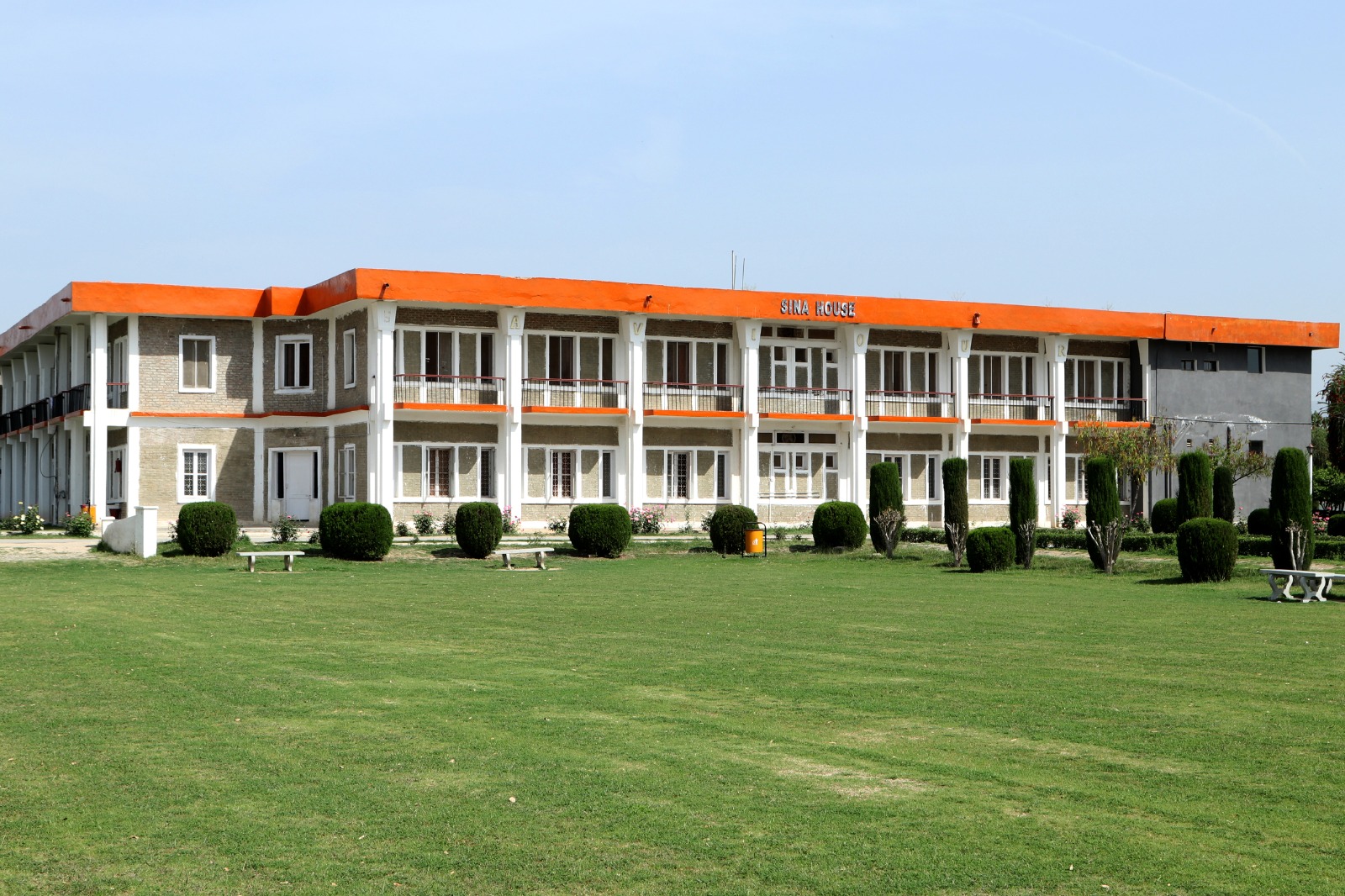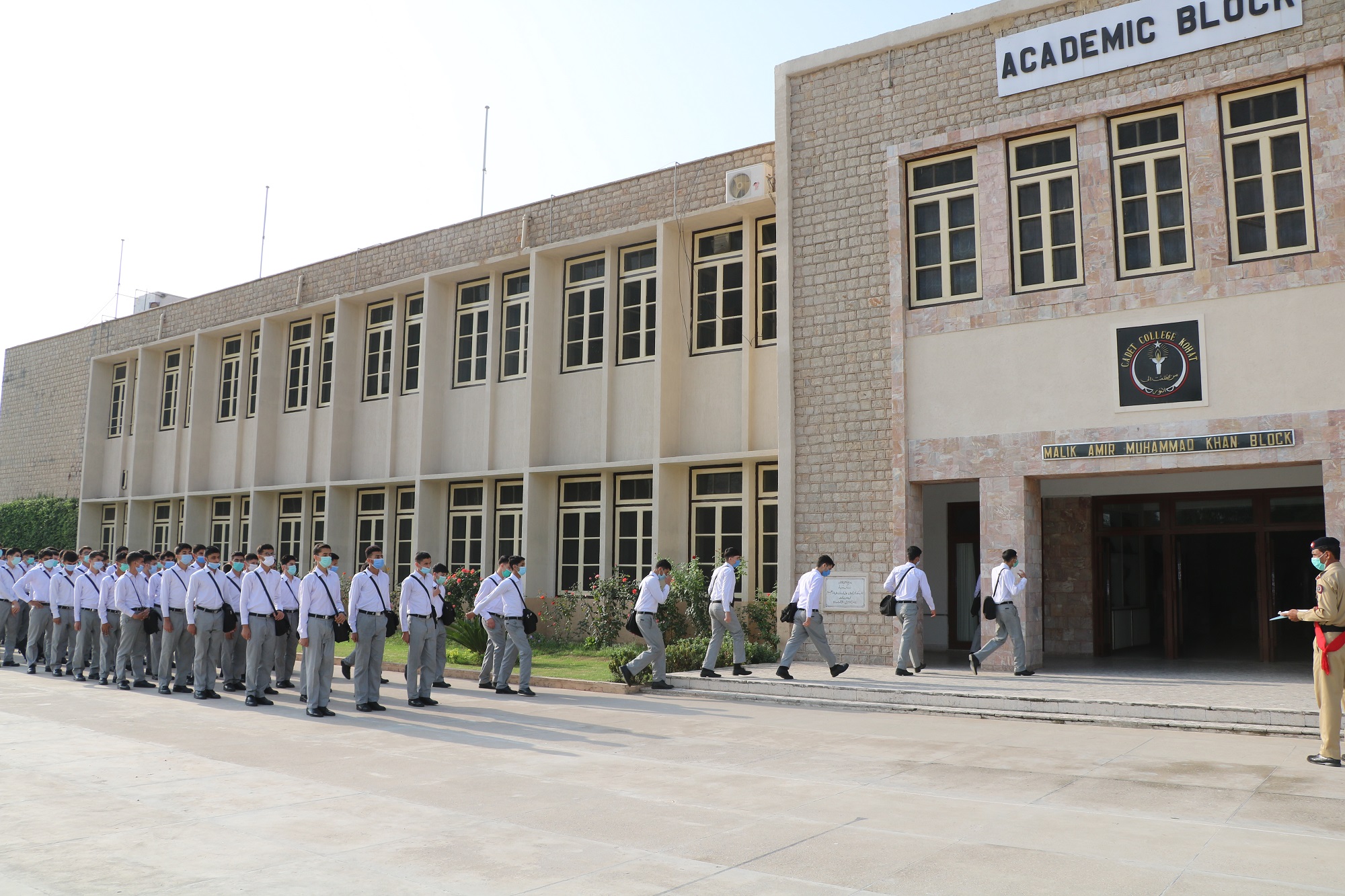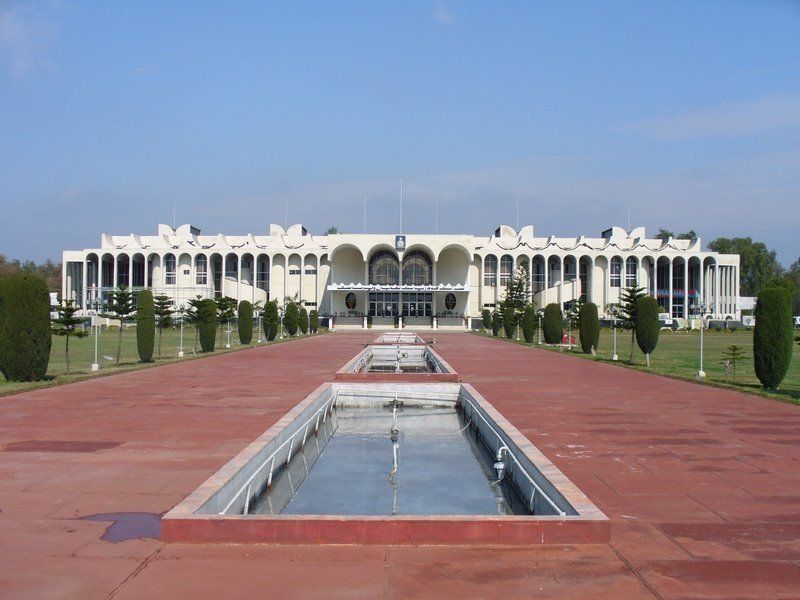Exploring Excellence: Garrison Cadet College Kohat – Admission Process and Fee Structure 2024
Introduction:
Garrison Cadet College Kohat stands as a beacon of excellence in Pakistan’s educational landscape, renowned for its commitment to academic rigor and character development. Established in 1954, this esteemed institution has been producing leaders for the nation, instilling in its cadets the values of discipline, integrity, and service to the country. Let’s delve into the details of what this college offers, including the admission process and fee structure for the year 2024.
About Garrison Cadet College Kohat:
GCCK, located in the historic city of Kohat in Khyber Pakhtunkhwa province, is a premier institution that provides quality education from grade 8 to 12. The college is affiliated with the Federal Board of Intermediate and Secondary Education (FBISE), ensuring a curriculum that is both challenging and nationally recognized.
Academic Excellence and Facilities:
At GCCK, the focus is not only on academic excellence but also on holistic development. The college boasts modern classrooms, well-equipped laboratories, a rich library, and sports facilities to nurture the talents of its students. The faculty comprises experienced educators who are dedicated to nurturing the minds of future leaders.
Admission Process for 2024:
For those aspiring to join the ranks of this prestigious institution, the admission process for 2024 is as follows:
-
Eligibility Criteria:
- Applicants must have passed the 7th class or equivalent examination.
- Age should be between 12 to 14 years.
- Application Form:
- Obtain the application form from the college’s admission office or website.
- Fill out the form carefully with accurate information.
- Submission:
- Submit the completed application form along with the required documents, including:
- Copy of birth certificate
- Copy of academic transcripts
- Passport size photographs
- Domicile certificate
- Medical fitness certificate
- Submit the completed application form along with the required documents, including:
- Entrance Test:
- Candidates are required to appear for an entrance test covering subjects such as English, Mathematics, and General Knowledge.
- Interview:
- Shortlisted candidates will be called for an interview to assess their suitability for admission.
- Final Selection:
- The final selection is based on the candidate’s performance in the entrance test and interview.
Fee Structure for 2024:
The fee structure for Garrison Cadet College Kohat for the year 2024 is as follows:
- Admission Fee: PKR 30,000 (one-time payment)
- Security Deposit: PKR 20,000 (refundable)
- Tuition Fee (Per Month): PKR 6,000
- Mess Charges (Per Month): PKR 6,000
- Other Charges (Per Annum): PKR 5,000 (includes uniform charges, annual functions, etc.)
Conclusion:
Garrison Cadet College Kohat stands as a distinguished institution that shapes the future leaders of Pakistan. With a strong emphasis on academic excellence, character building, and a well-rounded education, it continues to uphold its legacy of producing individuals of exceptional caliber. For those seeking admission in 2024, the process outlined ensures a fair and transparent selection process. Aspiring young minds are invited to embark on a journey of growth and learning at Garrison Cadet College Kohat.
This article aims to provide comprehensive information about Garrison Cadet College Kohat, its admission process for 2024, and the associated fee structure. It serves as a guide for prospective students and parents who are considering this esteemed institution for their educational journey.











